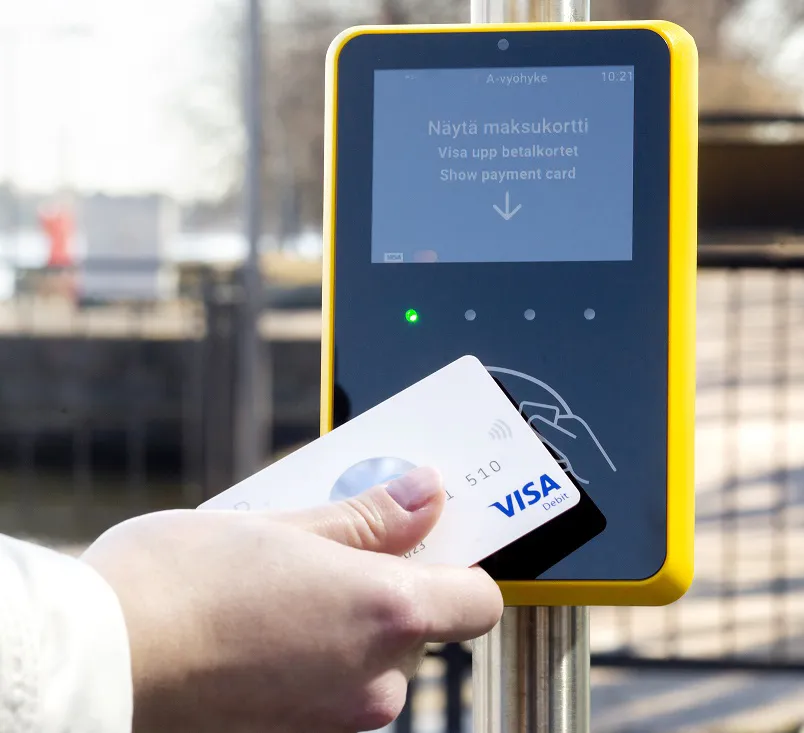UK public transport operator Merseytravel is to enter into a formal ‘bus alliance’ initially with operators Arriva and Stagecoach, who together operate 90 per cent of commercial bus services in the Liverpool City region, focused on increasing the number of fare paying passengers, improving customer satisfaction and driving up investment for the benefit of all who use bus services.
The ambitious growth target of a 10 per cent increase in passenger journeys, the equivalent of over nine million more journey
December 4, 2015
Read time: 2 mins
UK public transport operator Merseytravel is to enter into a formal ‘bus alliance’ initially with operators 476 Arriva and 805 Stagecoach, who together operate 90 per cent of commercial bus services in the Liverpool City region, focused on increasing the number of fare paying passengers, improving customer satisfaction and driving up investment for the benefit of all who use bus services.
The ambitious growth target of a 10 per cent increase in passenger journeys, the equivalent of over nine million more journeys, by April 2017, will be one of the first of its kind in Britain.
With 80 per cent of public transport journeys in the Liverpool City region being made by bus, but only 10 per cent of these being commuter journeys, there is potential for bus travel to play a much more significant role in growing the city region’s economy, better linking people with jobs and opportunities.
The bus alliance will take a city region-wide approach looking at matching bus routes to demand, the clarity of fare structures and value for money, the quality of vehicles, how easy it is to get information, reliability and punctuality of services and the standard of customer service.
Key work areas will include, amongst others, increased levels of investment in new and greener vehicles; wi-fi and USB charging points on all vehicles; development of an approach to better integrate bus and rail; review of all customer information including further development of real time information; improved bus links and a review of zonal structures and pricing.
As part of the Devolution Deal and subject to the emerging Buses Bill, the city region has been given the ability to franchise bus services that secures powers similar to London and many other European cities.
While a business case for franchising is being developed, it is expected that if a decision was taken to enact the powers it would be a number of years before it could be introduced. The bus alliance will enable improvements for customers now.
The ambitious growth target of a 10 per cent increase in passenger journeys, the equivalent of over nine million more journeys, by April 2017, will be one of the first of its kind in Britain.
With 80 per cent of public transport journeys in the Liverpool City region being made by bus, but only 10 per cent of these being commuter journeys, there is potential for bus travel to play a much more significant role in growing the city region’s economy, better linking people with jobs and opportunities.
The bus alliance will take a city region-wide approach looking at matching bus routes to demand, the clarity of fare structures and value for money, the quality of vehicles, how easy it is to get information, reliability and punctuality of services and the standard of customer service.
Key work areas will include, amongst others, increased levels of investment in new and greener vehicles; wi-fi and USB charging points on all vehicles; development of an approach to better integrate bus and rail; review of all customer information including further development of real time information; improved bus links and a review of zonal structures and pricing.
As part of the Devolution Deal and subject to the emerging Buses Bill, the city region has been given the ability to franchise bus services that secures powers similar to London and many other European cities.
While a business case for franchising is being developed, it is expected that if a decision was taken to enact the powers it would be a number of years before it could be introduced. The bus alliance will enable improvements for customers now.









